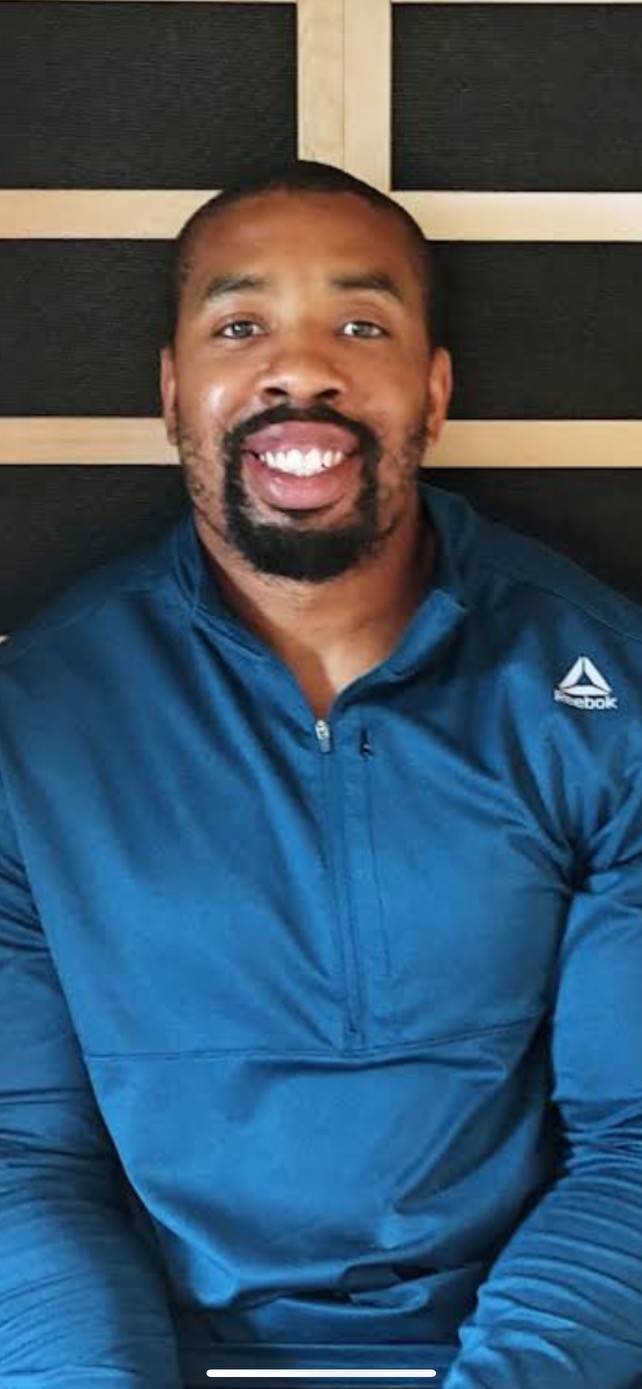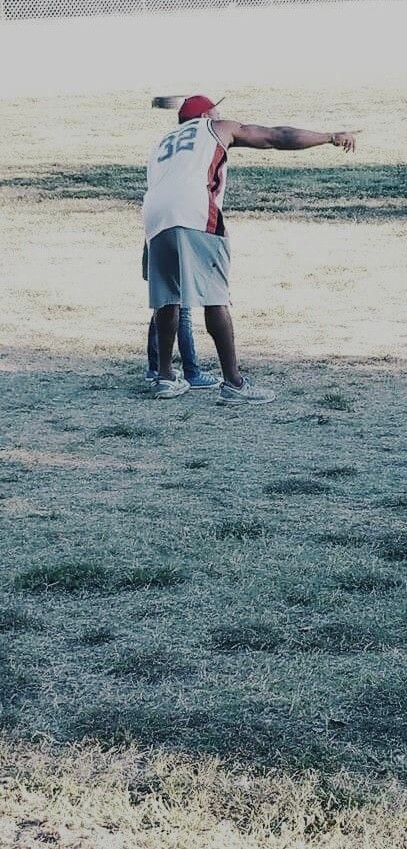We caught up with the brilliant and insightful Dr. Eric Ikonne a few weeks ago and have shared our conversation below.
Dr. Eric, thanks for taking the time to share your stories with us today We’d love to hear the story behind how you got your first job in field that you currently practice in.
While pursuing my Master’s Degree at the UT School of Public Health in Austin, I began my professional journey as an after-school program coordinator at Foundation Communities. I successfully implemented a fun, engaging, and rigorous fitness program in this role. Following the completion of my Master’s degree, I made the decision to join the Teach for America program, where I was stationed in Miami for two years, teaching elementary school in various settings.
My passion for education has deep roots, instilled by my parents, who emphasized its importance during my childhood. While in Miami, I became acutely aware of the inequities within the education system, prompting me to contribute positively to the lives of disadvantaged youth while advocating for a healthy lifestyle. After concluding my Teach for America contract, I was awarded an education grant, which I utilized to pursue a Doctorate in Public Health at my alma mater.
Returning to Foundation Communities for a few more years, I transitioned into a Recreation Administrator role for the Texas Juvenile Justice Department (TJJD). In this capacity, I developed a fitness curriculum, Stronger than Yesterday, to promote daily physical activity and enhance social and emotional well-being among youth. This curriculum earned a grant from the Department of Health and Human Services. The grant enabled our department to buy approximately $20,000 of recreation equipment.
Subsequently, desiring a more hands-on role with youth, I assumed the position of a Physical Education (P.E.) teacher at Wayside Sci-Tech Middle School in South Austin. I implemented a rigorous fitness program that emphasized high-intensity interval training and teamwork during my tenure. My dedication was recognized when I received the Teacher of the Year award in my second year, and I progressed to the role of Assistant Principal/Dean of Culture during my third year at Wayside. As an education administrator, I oversaw discipline throughout the school and provided coaching in math and science.
Despite my administrative success, I yearned for a more direct connection with my students. Consequently, I transitioned to Austin Achieve Public Charter School the following year, assuming the role of Restorative Justice Coordinator/Assistant Principal of Culture. In this capacity, I engage with scholars and staff daily, effectively promoting my two passions: physical activity and social-emotional well-being.

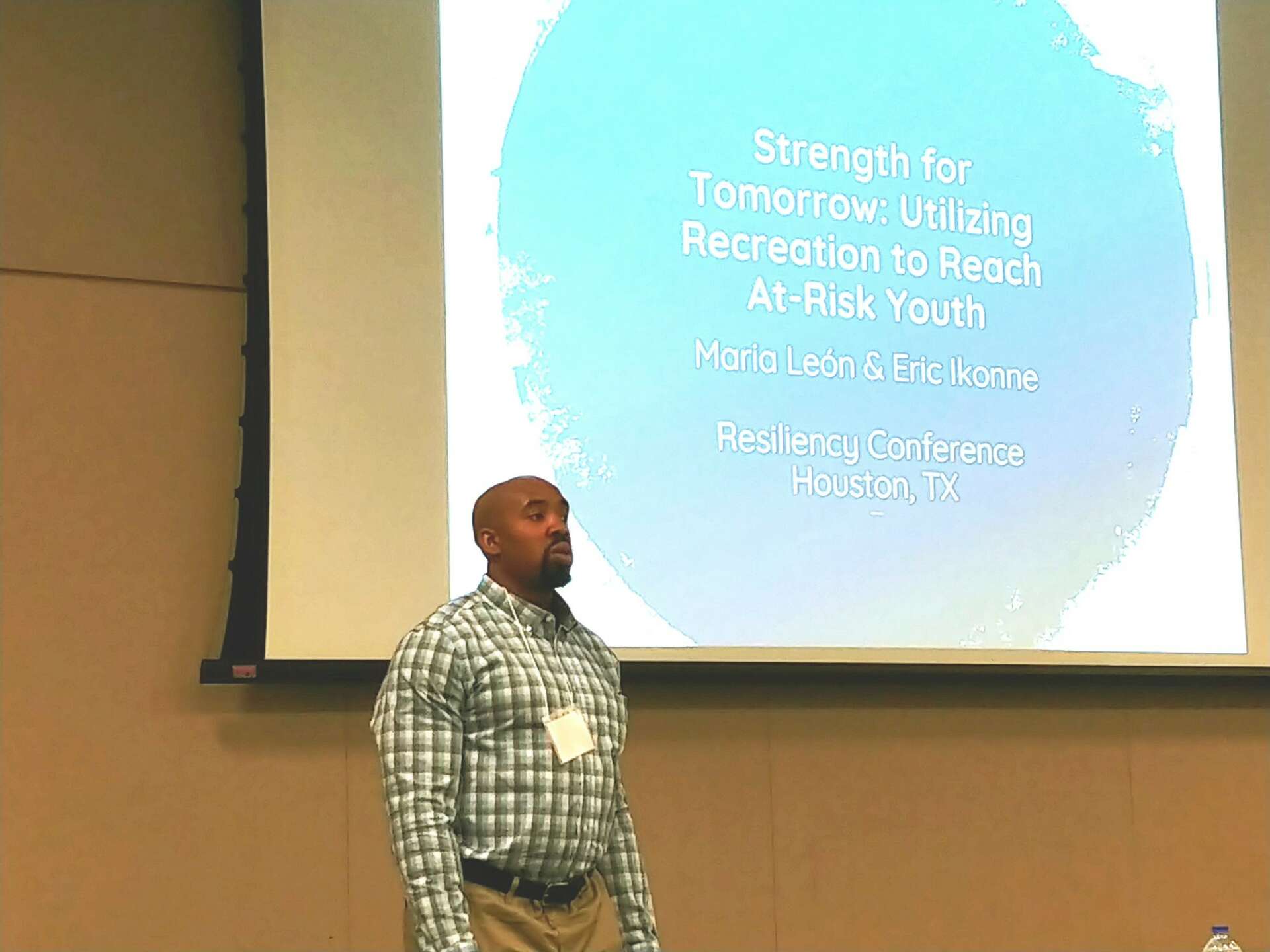
As always, we appreciate you sharing your insights and we’ve got a few more questions for you, but before we get to all of that can you take a minute to introduce yourself and give our readers some of your back background and context?
I entered the education field fueled by a deep desire to assist and guide young minds. During my college years, I sensed a calling from God to transition into a profession where I could work with children daily. While uncertain about my specific path, I was confident that working with children would provide an enduring sense of purpose. In my current role, I serve as the overseer of the Restorative Justice (RJ) Department.
Within the RJ team, we support scholar discipline by devising behavior plans and offering opportunities for daily fitness groups, proactive breaks, and restorative conversations with peers and staff. This collaborative approach with scholars and teachers aims to foster positive social and emotional well-being within and beyond the classroom. As part of my initiatives, I established a school-wide incentive program called POLAR PAWSITIVES.
POLAR PAWSITIVES aims to reinforce positive behaviors such as hard work, honesty, helpfulness, and obedience. Scholars earn POLAR PAWSITIVES tickets when educators exhibit these positive behaviors, placing them in designated buckets across the school. During Friday school-wide raffles on Zoom, tickets are drawn, and selected scholars receive prizes, fostering motivation for positive choices throughout the school day. Rotating the raffle to different teachers’ classrooms each week allows me to spotlight teachers, allowing them to share a part of themselves with the school community.
One endeavor that brings me immense joy is the popcorn fundraiser. Initially conceived to raise funds for staff events, the weekly distribution of popcorn to staff evolved into a student-driven initiative. With the support of my RJ team and the executive assistant, we expanded to selling popcorn, drinks, and other snacks to students. The success of this venture not only financially supported staff events but also contributed to funding materials for various departments in the school, turning it into a remarkable blessing for all involved.
I aspire to be recognized as a servant leader in my pursuit of leadership. As a follower of Jesus Christ, my commitment extends to assisting everyone around me, including custodians, cafeteria staff, and teachers. Having been the recipient of support throughout my life, I am driven to reciprocate by meeting the needs of those I encounter daily.
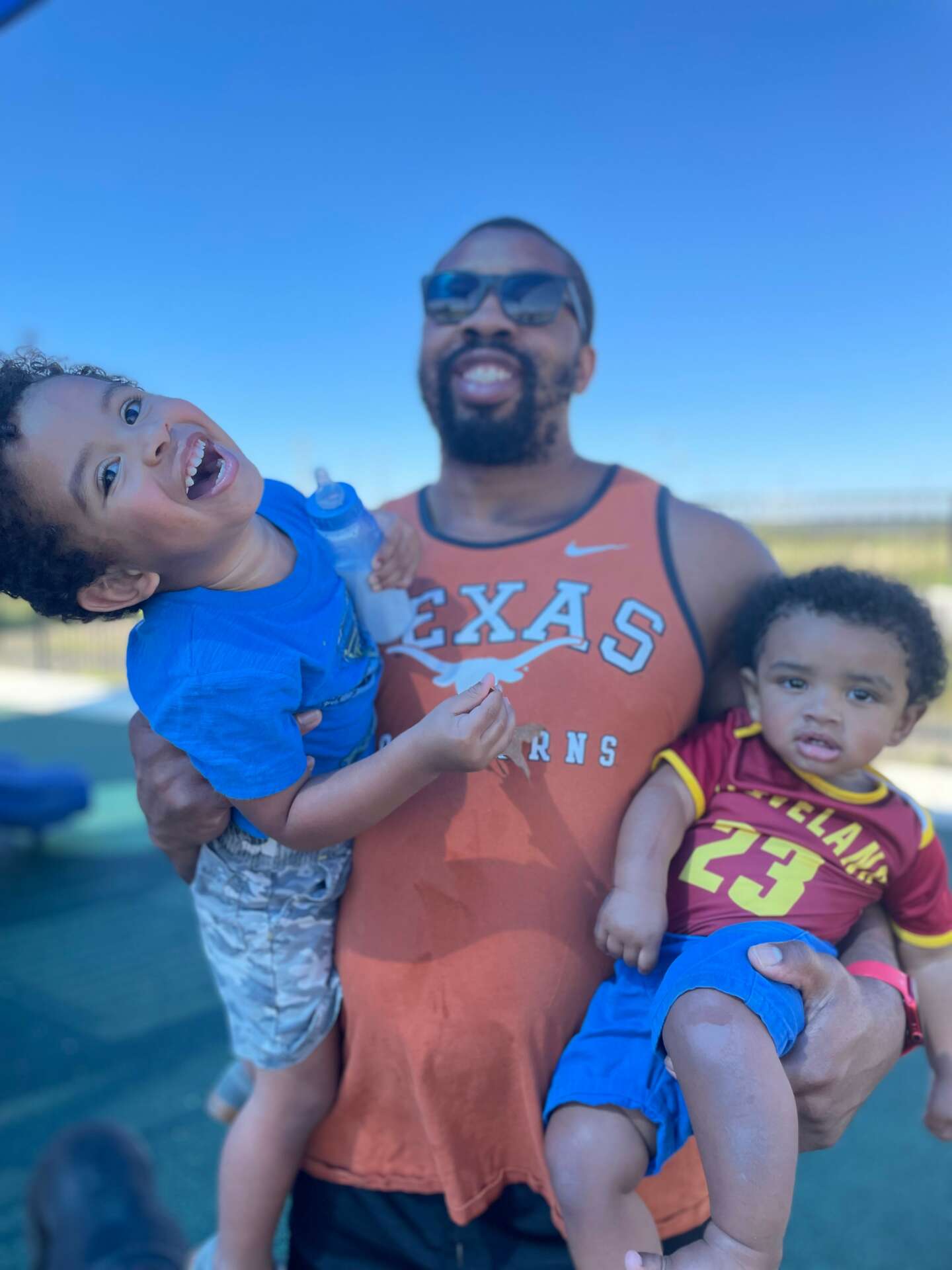
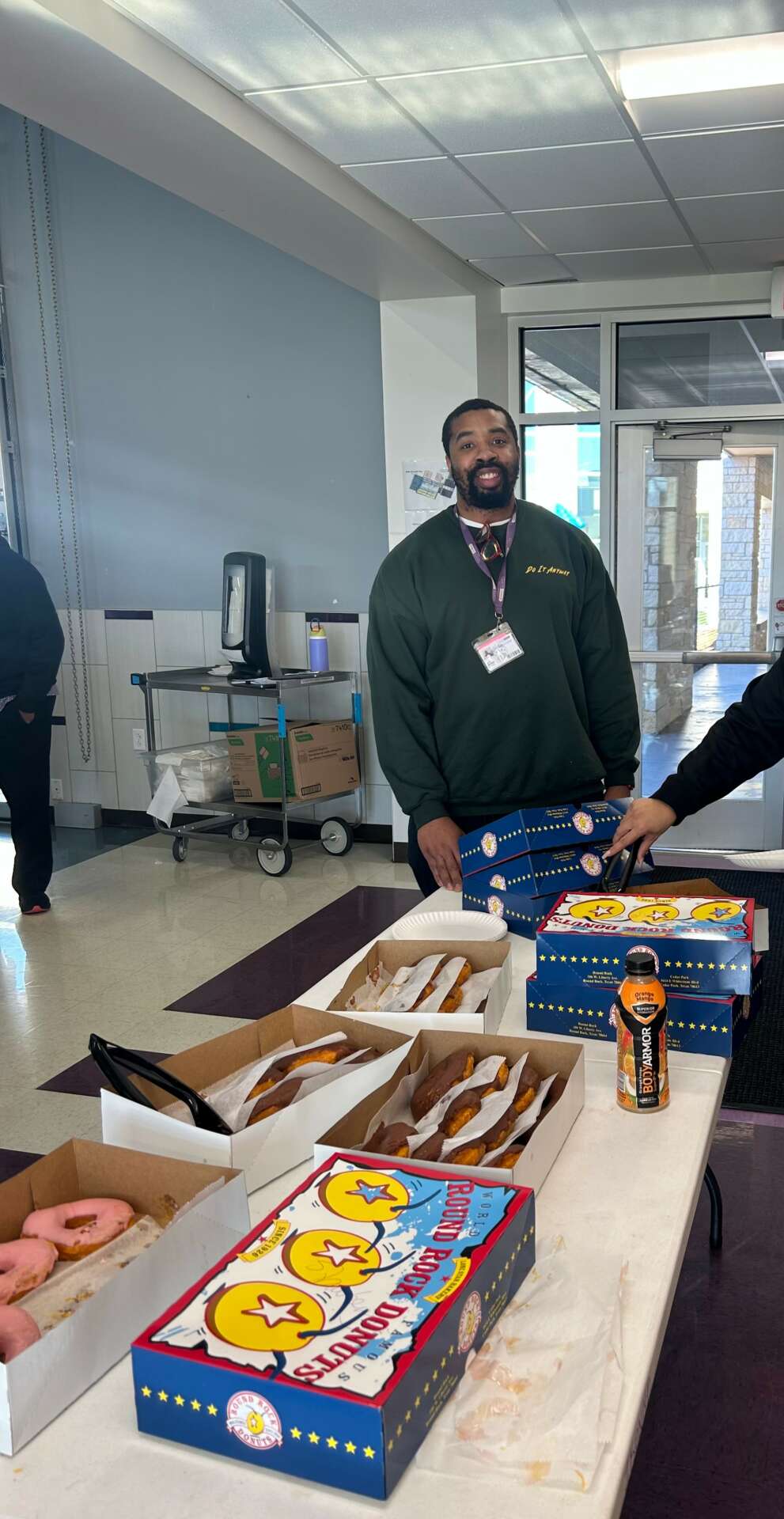
We’d love to hear a story of resilience from your journey.
During my time in Miami, I had the opportunity to teach in four different educational settings over two years, a unique experience compared to most of my colleagues who typically remained at their initial school for the entire two-year contract. The educational landscape in Miami-Dade was characterized by constant change, with teachers frequently relocating to different schools and assuming various positions.
My teaching journey in Miami began with 1st grade, but I unexpectedly found myself surplussed while attending a J.Cole concert with my roommate. I completed my first year at a different school, teaching 5th grade. However, the challenges were significant as the previous teacher had already established a culture and system in her classroom that I needed to prepare to navigate. The year proved to be a struggle in establishing a strong classroom culture due to my limited experience, leading to my release at the end of the term. Uncertain about where I would teach in my second year, I returned to Austin for the summer to work at Foundation Communities, seeking a mental reset and honing teaching techniques for the upcoming year.
Throughout the summer, I remained determined in my teaching placement. However, my Teach for America mentor provided continuous encouragement throughout the process. A former colleague from my first school contacted me about several open positions, and I was subsequently hired to teach 5th grade at my initial school. Shortly after, I transitioned into a 3rd-grade role a few weeks into the academic year. Classroom transitions are notoriously challenging, especially in elementary school, given the time invested in decorating, planning, and creating systems for students.
Despite the difficulties of my first year, which proved stressful and demanding, it served as a valuable learning experience. I gained insights into what not to do and spent significant time planning to cultivate a robust classroom culture capable of enduring challenges. My 3rd-grade class performed well on state tests, and I formed strong bonds with the scholars I served. The lessons from that challenging first year have been instrumental in shaping my approach, teaching me to roll with the punches, be flexible, and embrace change as an inevitable part of the journey. I attribute much of my present success to the resilience and adaptability honed during those formative experiences.
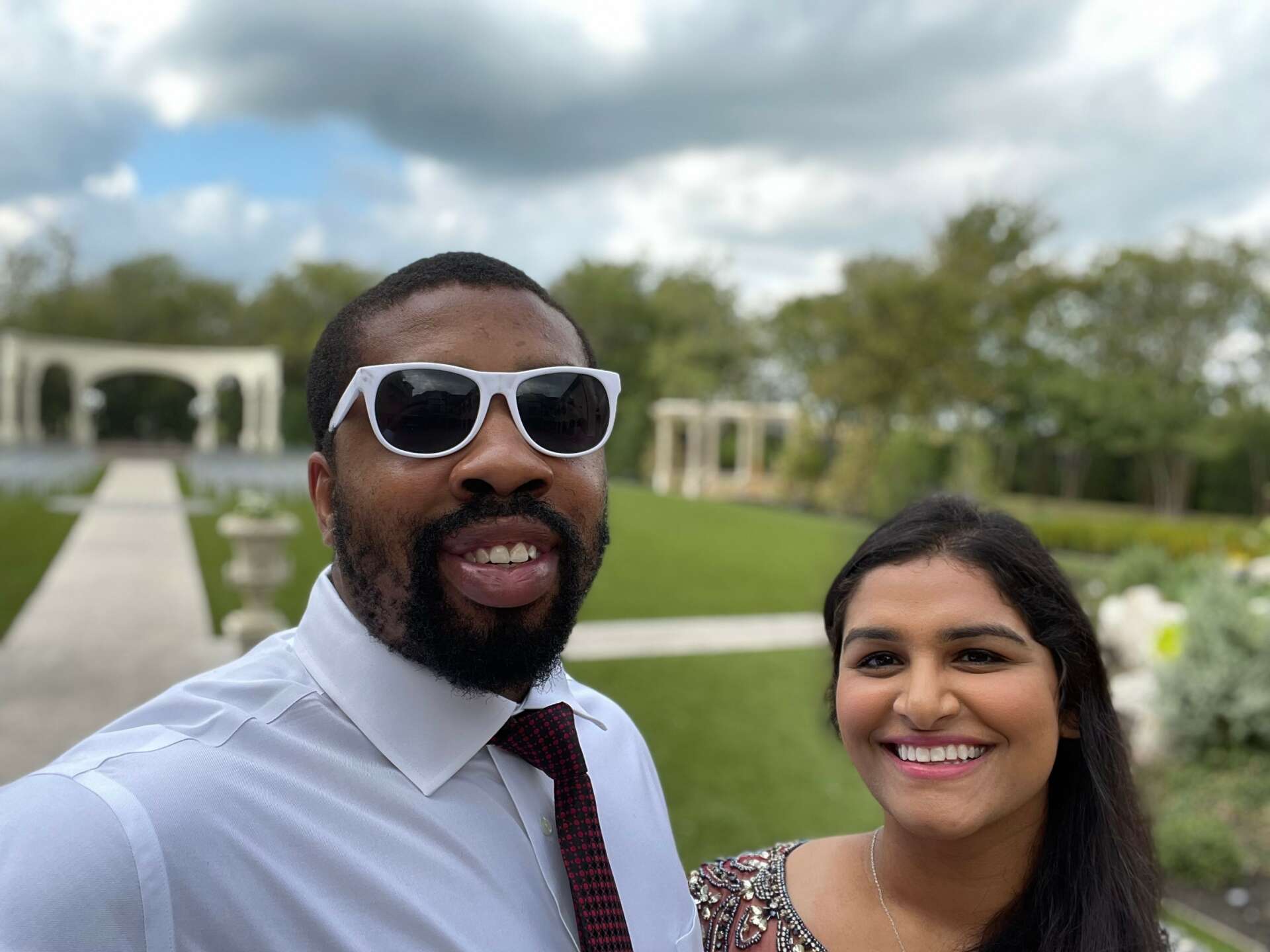

Training and knowledge matter of course, but beyond that what do you think matters most in terms of succeeding in your field?
Success in the education field requires a combination of patience, resilience, and confidence. Patience is crucial because educators work with students and colleagues from diverse backgrounds and upbringings, often shaped by different experiences. Some students may have faced traumatic situations that profoundly affect their behavior. Understanding this and extending grace to allow growth is essential for teachers to navigate challenging days successfully.
Resilience is another key attribute, as every teacher, regardless of their age group, will encounter tough days where everything seems to go wrong. The ability to reflect on the situation without internalizing the challenges and returning the next day with renewed dedication to serving students is vital.
Confidence is fundamental to teaching and leading a school. Both students and staff need to believe that the educator knows what they are doing and has confidence in the effectiveness of their approach, particularly when striving to bring about positive change. Confidence inspires trust and creates an environment conducive to learning and growth.
Additionally, studying the successes of those who came before is valuable. While not necessarily copying their methods, examining their work ethic, interactions with staff and students, and responses to stressful situations provide insights that inform one’s approach. Learning from the experiences and achievements of others can contribute to a more effective and impactful career in education.
